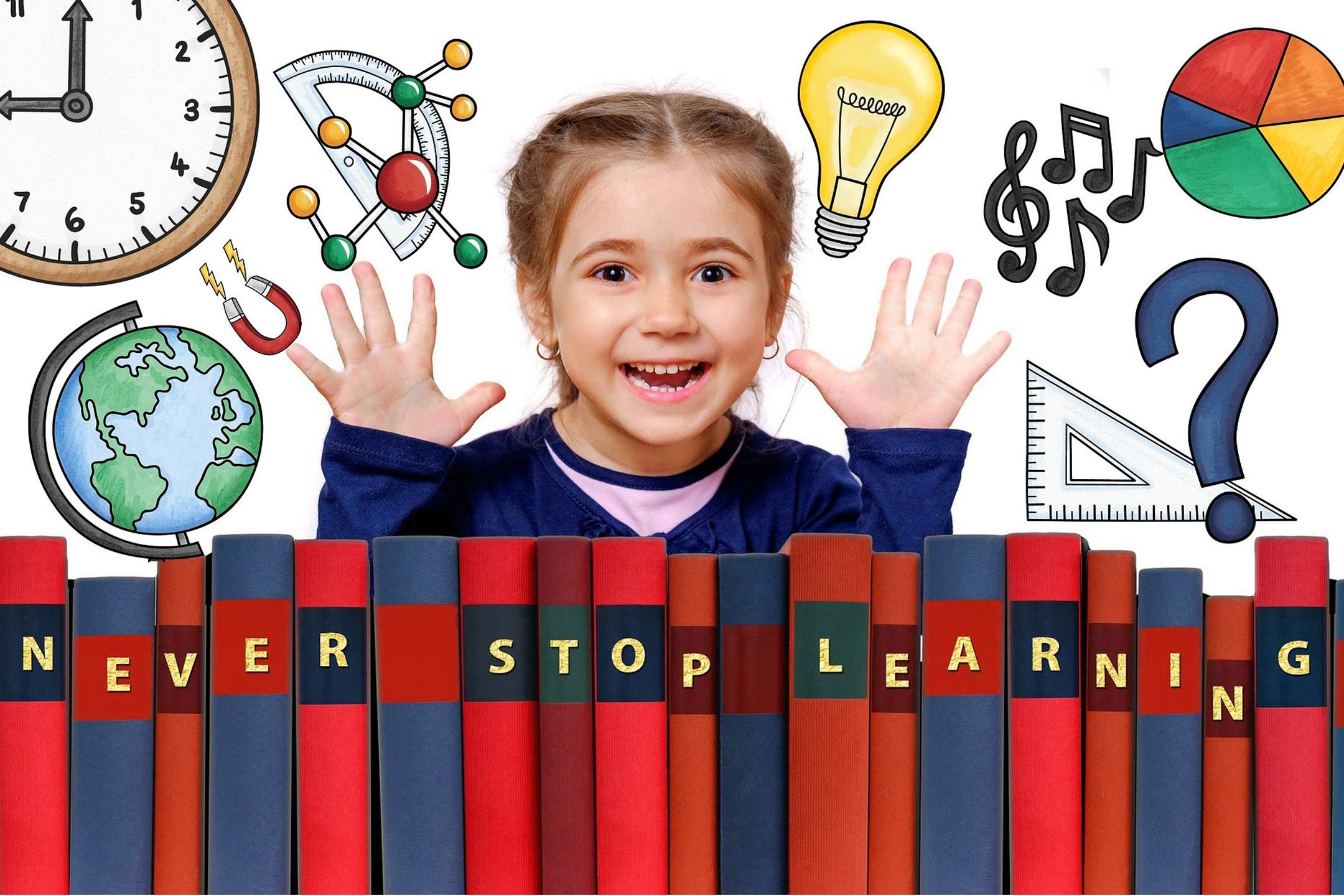
23 Jun Unleashing the Potential of Gifted Students
Addressing the Neglect in Australia’s Education System
Do you suspect that your child may be gifted? Are you concerned about their educational needs and the support they receive at school? You’re not alone. In Australia, there is a pressing issue of neglecting the needs of gifted students within the education system.
Identifying and Supporting Gifted Students: according to Associate Professor Jae Yup Jared Jung of UNSW’s Gifted Education Research Centre (GERRIC), gifted students possess exceptional abilities and untapped potential. They have the power to make a real difference in society by finding solutions to global issues like cancer, poverty, and climate change. However, they are often the most neglected group in our education system.
Misconceptions and Under-Identification: Gifted students can be easily overlooked due to misconceptions and stereotypes. Many believe that gifted children can take care of themselves and will naturally excel academically. However, without targeted assistance and interventions, gifted students may stagnate, become disengaged, or disrupt the classroom environment.
Challenges Faced by Gifted Students: It’s essential to understand that gifted students have unique learning needs that require specific support. They may find the standard curriculum too easy and become bored. Gifted students often perform well above their age peers, sometimes by five or six years. By providing appropriate educational opportunities, we can help these students reach their full potential.
The Importance of Teacher Training: One of the critical issues contributing to the neglect of gifted students is the lack of targeted teacher training. While teachers are required to work with students who have special needs, there is a significant gap in training programs for gifted education. As a result, many teachers may rely on common myths and stereotypes when dealing with gifted students.
Addressing Inequities within the Education System: It is crucial to acknowledge the inequities within the education system that prevent the identification and support of gifted students, particularly those from low socio-economic backgrounds, culturally diverse backgrounds, First Nations backgrounds, and rural areas. These students often go unnoticed, and their potential remains untapped.
The Impact of Neglecting Gifted Students: Australia’s declining school performance in international assessments, such as the Program for International Student Assessment (PISA) and Trends in International Mathematics and Science Study (TIMSS), can be attributed, in part, to neglecting gifted students. Failing to nurture and support our brightest minds could have long-term consequences for the country.
Advocacy and Future Initiatives: Associate Professor Jae Yup Jared Jung is actively advocating for improved provisions for gifted students in all Australian schools. As part of the National School Reform Agreement Ministerial Reference Group, he aims to influence educational policies and promote the development of strategies that meet the needs of gifted students.
What Can Parents Do?
If you suspect your child is gifted, it’s essential to actively engage with their teachers and school. Initiate conversations about gifted education and inquire about the support available. Educate yourself about the unique characteristics and needs of gifted students, and advocate for appropriate interventions and curriculum adjustments.
Every child, regardless of their circumstances, deserves an education that meets their learning needs. Gifted students have extraordinary potential, and it’s our responsibility to nurture and support them. By addressing the misconceptions, providing targeted teacher training, and implementing inclusive policies, we can create an educational environment where gifted students can thrive.
“We have a responsibility to today’s students and to future generations to consider how we can both nurture and retain our homegrown talent. These are the bright minds that will help us navigate and alleviate the most pressing issues we are faced with today” says Associate Professor Jae Yup Jared Jung.

